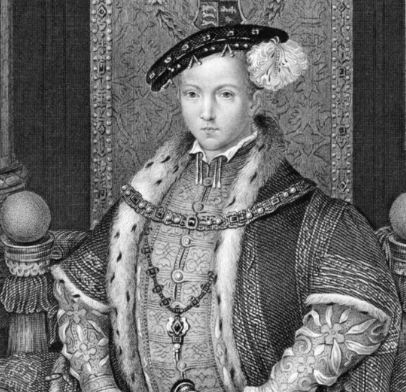In the ancient history of China, the Three Kingdoms period was an era full of wars, politics, and wisdom. Among them, Sun Quan, Cao Cao, and Liu Bei were the three most famous figures. However, despite Sun Quan living longer than Cao Cao and Liu Bei, why didn't he unify the Three Kingdoms?

I. The Background of Sun Quan's Rule
First, we need to understand the background of Sun Quan's rule. Sun Quan was the founding emperor of the Eastern Wu, and during his reign, the domestic politics of the Eastern Wu were stable and the economy was prosperous. However, his rule also faced some challenges. First, the Eastern Wu was located in the south of the Yangtze River, with low-lying terrain that was susceptible to flooding. Secondly, the population of the Eastern Wu was relatively small, and there was a lack of military manpower. These factors limited Sun Quan's ability to expand externally.
II. The Impact of External Environment
In addition to internal factors, external environment also had an impact on Sun Quan's efforts to unify the Three Kingdoms. At that time, the Shu Han and Cao Wei occupied most of the western and northern regions respectively, with vast territories and strong military strength. Under such circumstances, if Sun Quan wanted to unify the Three Kingdoms, he had to face these two powerful rivals. However, due to various reasons, Sun Quan was not able to effectively defeat them.
III. Military Strategy and Talent Reserve
Moreover, Sun Quan also had some problems in military strategy and talent reserve. Although he had a group of excellent generals such as Zhou Yu and Lu Meng, compared with Shu Han and Cao Wei, the military strength of the Eastern Wu was still slightly inferior. At the same time, Sun Quan made many mistakes in war, such as the failure of the Hefei Campaign after the Battle of Red Cliff due to strategic errors.
IV. Conservatism and Short-sightedness in His Later Years
Additionally, it is worth noting that Sun Quan gradually became conservative and short-sighted in his later years. He began to weaken the power of the gentry class and strengthen central control, leading to intensified domestic conflicts. At the same time, he lost the early aggressive spirit in foreign policy and adopted more defensive strategies. This conservative attitude caused the Eastern Wu to miss many opportunities to unify the Three Kingdoms.
V. Conclusion
In summary, despite living longer than Cao Cao and Liu Bei, Sun Quan ultimately failed to achieve the goal of unifying the Three Kingdoms due to limitations from both internal and external environments, inadequacies in military strategy and talent reserve, as well as conservatism and short-sightedness in his later years. However, this does not hinder his important position in history. Under his leadership, the Eastern Wu became a politically stable and economically prosperous country, making significant contributions to the development of Chinese history.
Disclaimer: The above content is sourced from the internet and the copyright belongs to the original author. If there is any infringement of your original copyright, please inform us and we will delete the relevant content as soon as possible.
































